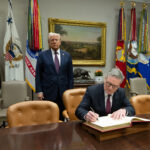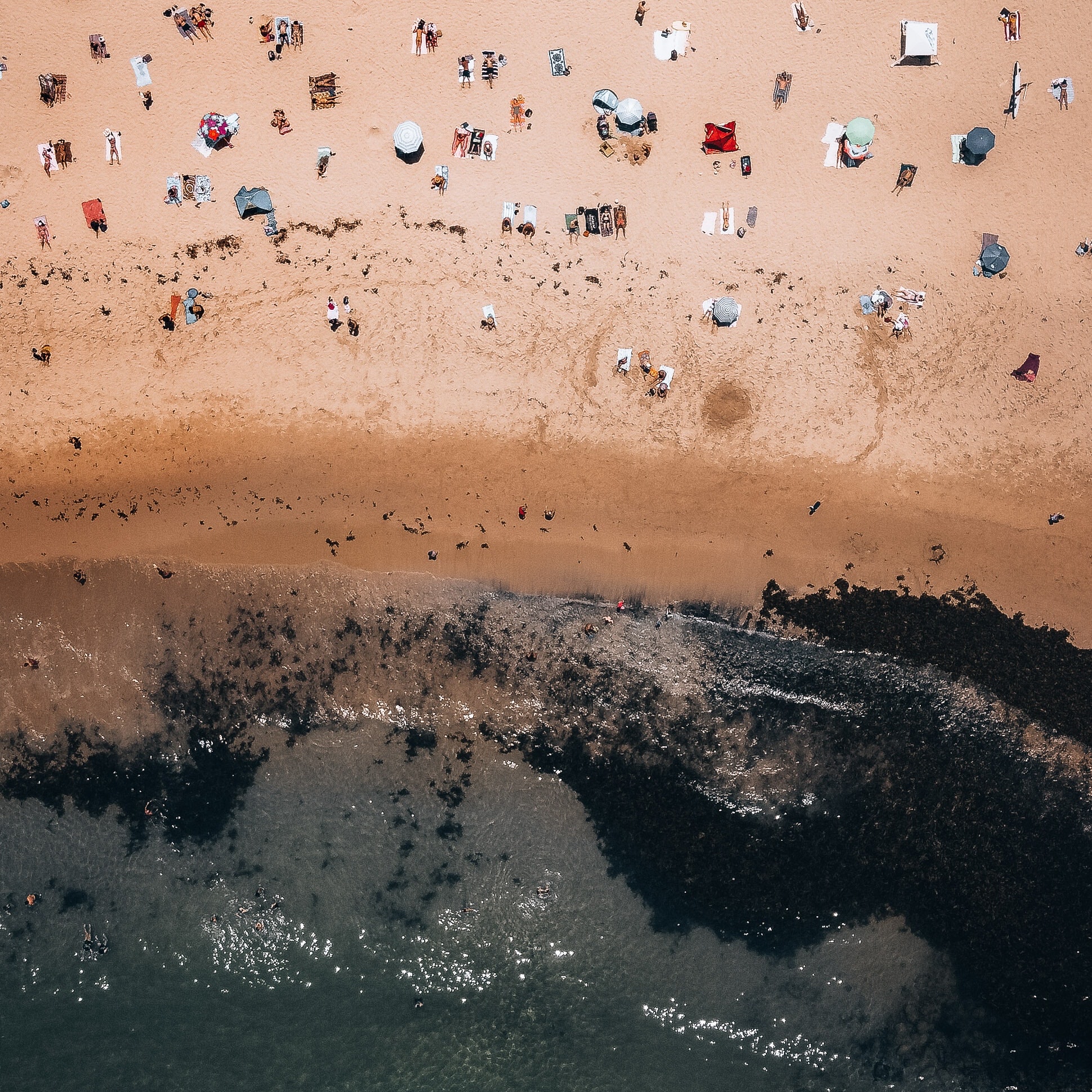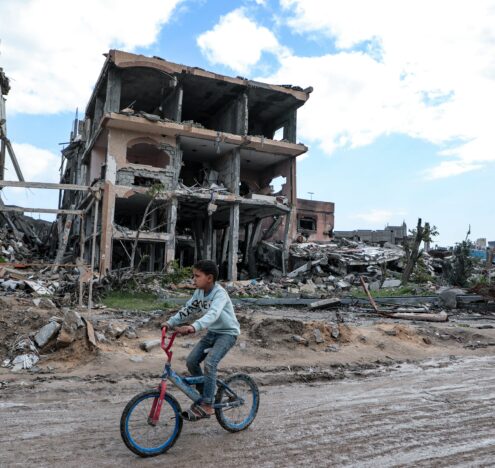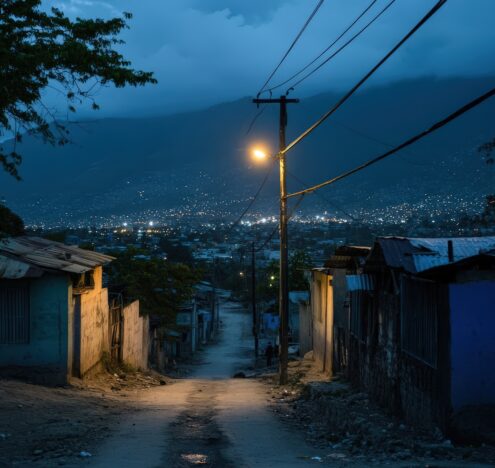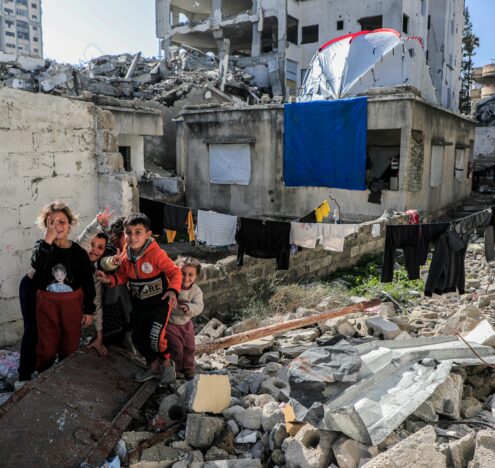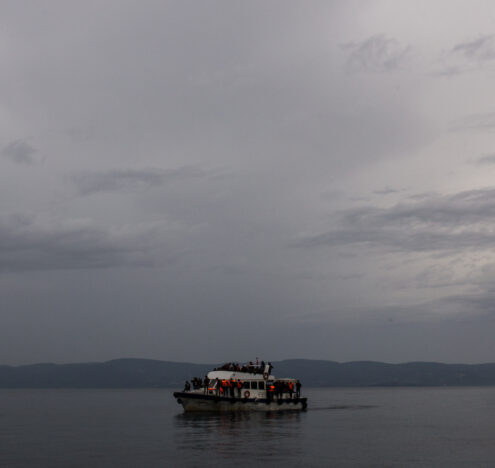At the northern end of idyllic Coogee beach, in eastern Sydney, stands a modest memorial. A bronze plaque lists the names of twenty local victims of the 2002 Bali bombings, while another invites beach-goers to reflect on the loss, the terror. The same terror, on a grander scale, had earlier had sent a few Australians, shoulder to shoulder with Americans, across the world to smite the barbarians. We were the civilized, the wronged, those who would uphold what it meant to be human. We were affirming our society based on laws and respect for life and tolerance and justice. We were taking a stand. This wasn’t a cynically concocted misadventure or an act of imperial hubris — they would come later — but a firm and righteous act of good. To make our homes safer, and the world better.
I, as an Australian Defence Department civilian, volunteered and pestered my bosses and counted myself privileged to snag a chance to serve in Afghanistan. It was a life-defining experience. Then, last month, the Australian military revealed a devastating chronicle of multiple, almost routine, alleged war crimes, and recast that experience.
Instead of righting a wrong, we now know, we visited terror upon those people. The good works we left behind, the honor most of us displayed, has been stained. Our terror will always be an inescapable part of our story there. This wasn’t the result of bad apples; it was widespread, systematic, ongoing, institutionalized. At the hands of our “warriors,” some of our victims were no less innocent than those murdered in Bali — killed not by accident or in the heat of battle, but with wanton cruelty.
This is what war does. No matter how righteous the cause, no matter how expert its agents, war turns the civilized into the uncivilized. Soldiers are defined by service to the greater good — the unit and the country. Given their valour, selflessness, and fortitude under the most unforgiving conditions, most Australian and coalition soldiers deserve to be draped in the trust and respect of their citizens.
But warriors, as the Chief of the Defence Force scornfully pointed out last month, believe they serve their own power and creed. A creed built around the individual killer, adorned with Punisher skulls and non-standard everything. They see themselves as unbound by the rules of their lesser brothers, or of society. They pridefully assume the role of the rough men ready to visit violence on our enemies. But we in society choose to turn our gaze away from what makes our rough men rough.
Whenever we take up arms, no matter how justly, we must contend with the awful conspiracy between intense hate-filled passions, rotten luck, and convoluted rationales, which together make clean wars impossible. There will be terror. Our terror, too.
There is no inoculation for this. The politicians soothed us by promising that this war would be short and limited, almost clinical. They said that in 2001. And again in 2005, and in 2009. They promised to deploy the finest. And we did, over and over and over again — too many times. But wars find ways to escape confinement — they drag on, they come home. Now, after the report, the Army has promised to be extra wary of the reckless thugs, the complicit command, the toxic culture, the feckless national strategy. Yes, we’ll keep an eye on those things. But war won’t stop being war. Whenever we take up arms, no matter how justly, we must contend with the awful conspiracy between intense hate-filled passions, rotten luck, and convoluted rationales, which together make clean wars impossible. There will be terror. Our terror, too.
It begins with jokes, slanderous nicknames, racist caricatures. I rolled my eyes when my Canadian operations officer ordered all those jokes taken down off our Conex walls. But he was right. That’s how it seeps in through the skin. When we think the enemy is just “hajji,” and when no one’s looking over our shoulder in far-off mountains, before long we’re competing with other teams for the most enemy kills. It soaks into the muscles, it infects the spleen. We piss on a corpse. The savagery reaches the bones. We execute PUCs (“persons under control”) from point blank range — they’re only PUCs, not sons or fathers.
I say “we” not to take credit for soldiers’ heroism — that is theirs forever — but to share the warriors’ guilt. Our country chose to make war; our democratic country chose to prolong the war, government after government. And tragically, some of our bright-eyed boys succumbed to the savagery. They have stained their honorable brothers, and us. We all own it, it is our terror.
The most righteous causes offer no protection from this brutalization. We know it occurred at the pinnacle of our righteousness — when our forebears literally saved the world from tyranny. To stop genocide and enslavement, we indulged in our own savagery at an industrial scale. Remember Dresden, and Tokyo, and Hiroshima — the 67 Japanese cities in which the free world deliberately incinerated the majority of the civilian population. Today’s war also had righteous origins — we were combating pre-modern zealots who hated women and harbored mass-murdering terrorists. And we tried to do it exquisitely, dispatching our best men and women in almost impossibly small increments. If we cannot escape terror in such a war, we cannot escape it in any war.
The special forces’ storied regimental ethos also offers no protection from savagery. Australia’s Special Air Service — or just “the Regiment” — is not about gunslingers. Our fearsome American brothers were burly and bearded and loved their guns a little too much. Their machismo, I often remarked at the time, was getting people killed and twisting the war. The Australians were supposed to be different — more considered, circumspect, mature. But the warrior mythos still took root, so deeply and corrosively in one unit that the Army now thinks it best to expunge that unit altogether.
Ultimately it is not a cause or a regiment that wields terror, but people; and people who must uncover it, and reckon with it. I knew these people. I admired them. Most — those who quietly shouldered our burden — are still eminently worthy of that admiration. But they were also fallible. We sent them to war, to smite the barbarians. But the war got inside them. It got inside us, and it reached our bones.
Arzan Tarapore is the South Asia research scholar at Stanford University’s Shorenstein Asia-Pacific Research Center, and a senior nonresident fellow at the National Bureau of Asian Research. Follow him on Twitter @arzandc.












